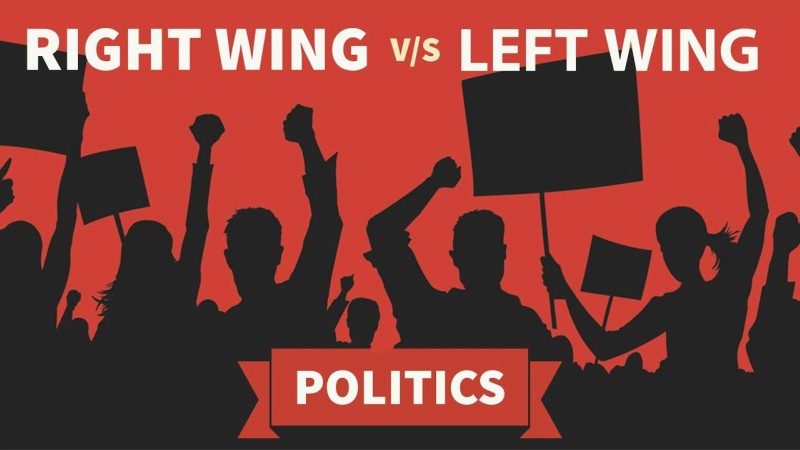Liberalism, Separatism, and Leftism – Political Ideologies Post The Renaissance

The understanding of various political philosophies across the globe is of utmost importance as it plays a major role in shaping the future of the world we live in. These ideologies are, also, the stimulators of most modern day political activities. Ideas such as Liberalism, Separatism, and Leftism are a few of the major political philosophies.
These ideologies developed during the Renaissance, after the French revolution. By this time people had had too much of suppression by the bourgeoisie and were opening up to new ideas of governance.
Liberalism was advocated by John Locke, a popular theorist of that time. It is a political philosophy of liberty and equality. Liberals espouse a wide array of views depending on their understanding of these principles. Generally, they support ideas such as freedom of speech, freedom of the press, freedom of religion, free markets, civil rights, democratic societies, secular governments, gender equality, and international cooperation. This became the foundation of the French Revolution, and later the reviver of democracy worldwide after the fall of Greek democracy.
Separatism advocates the idea of separation from the larger heterogeneous group. More explicitly it is the advocacy of a state of cultural, ethnic, tribal, religious, racial, governmental or gender separation from the larger group. Some critics may equate separatism with religious, racist, or sexist segregation. Most separatists argue that separation by choice is not the same as government-enforced segregation and may serve useful purposes. Such groups believe that attempts at integration with dominant groups compromise their identity and ability to pursue greater self-determination. However, the form of governance proposed by these groups is more often than not economically and socially unstable and thus can’t be achieved.
Leftism or Left-wing politics supports social equality and equal opportunities, often in opposition to social hierarchy and social inequality. It is primarily concerned with those in society whom its adherents perceive as disadvantaged with respect to others, as well as a belief that there are unjust inequalities that need to be reduced or abolished. The term left-wing can also refer to “the radical, reforming, or socialist section of a political party or system”. The political terms Left and Right were coined during the French Revolution (1789–1799), referring to the seating arrangement in the Estates General. Delegates to the left opposed the monarchy and supported the revolution, while those to the right were supportive of the traditional institutions of the Old Regime. The term was later applied to a number of movements, especially republicanism followed by socialism, communism, anarchism, and social democracy, civil rights movements, feminist movements, anti-war movements, and etcetera.
On getting deeper into each philosophy we find them more interesting and more flawed at the same time. This intriguing characteristic of these ideologies creates room for better methods of governance. Liberalism advocates equality but is often misunderstood and improperly executed; Separatism is concerned about the rights of a single community which in itself is both the pro and the con; Leftism is usually used interchangeably with liberalism but is very different from it in the sense that it is extremist in its approach while Liberals are more passive and subtle. No idea is perfect on its own. But keeping in mind the society we live in we have to strike the correct balance among them to co-exist peacefully.





